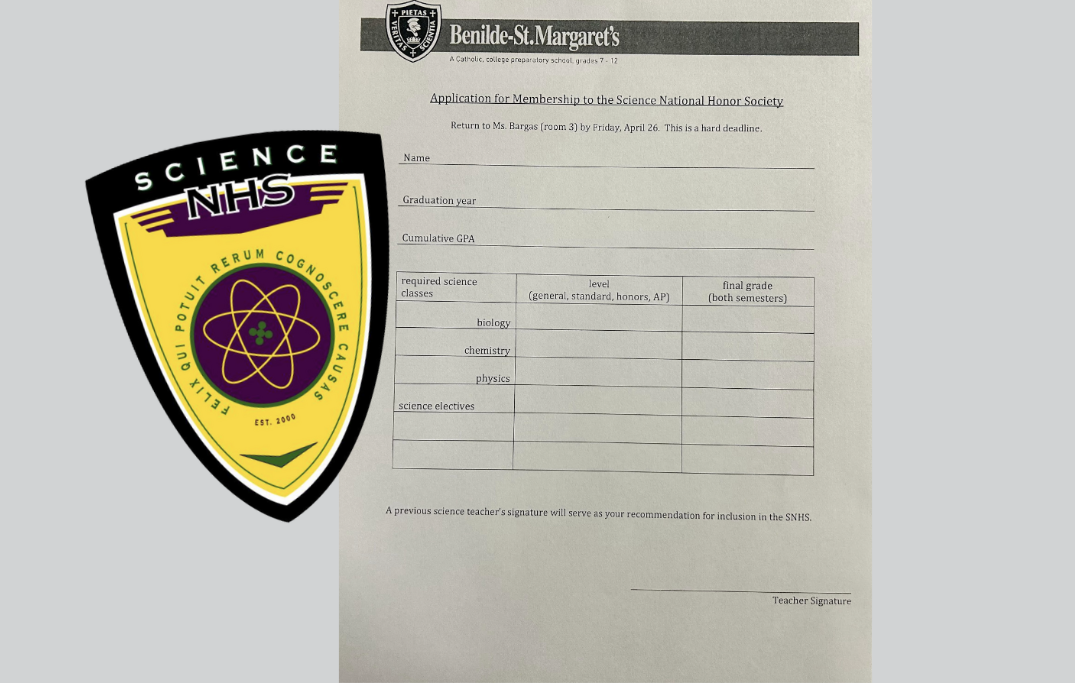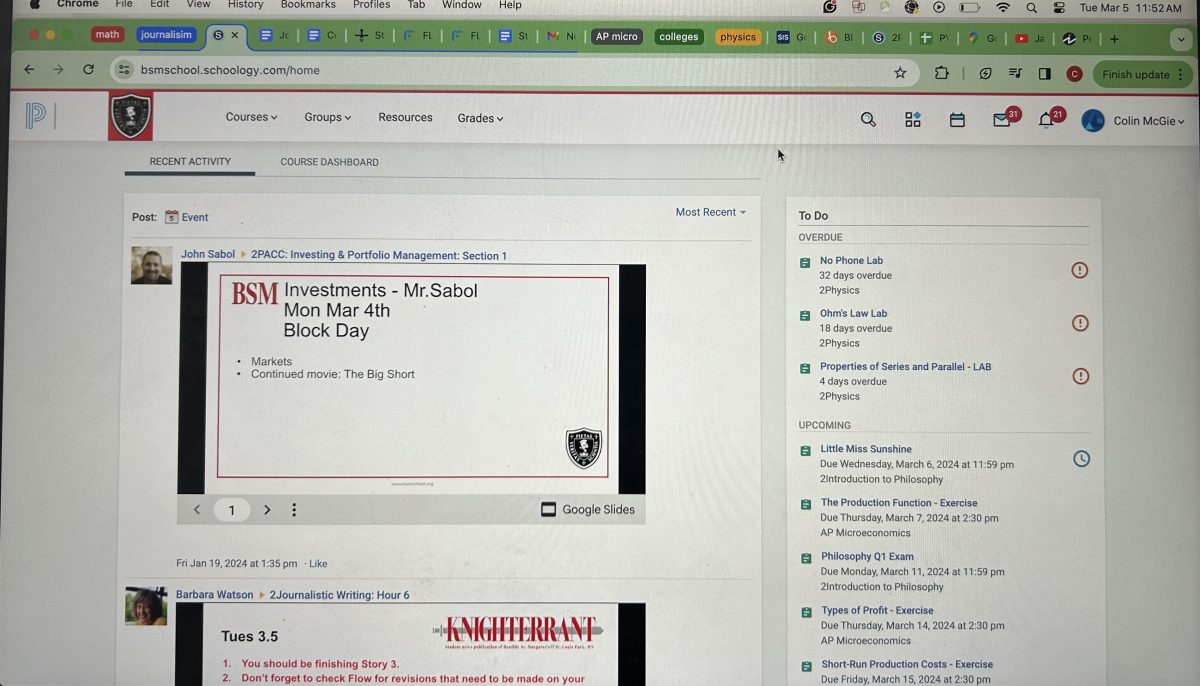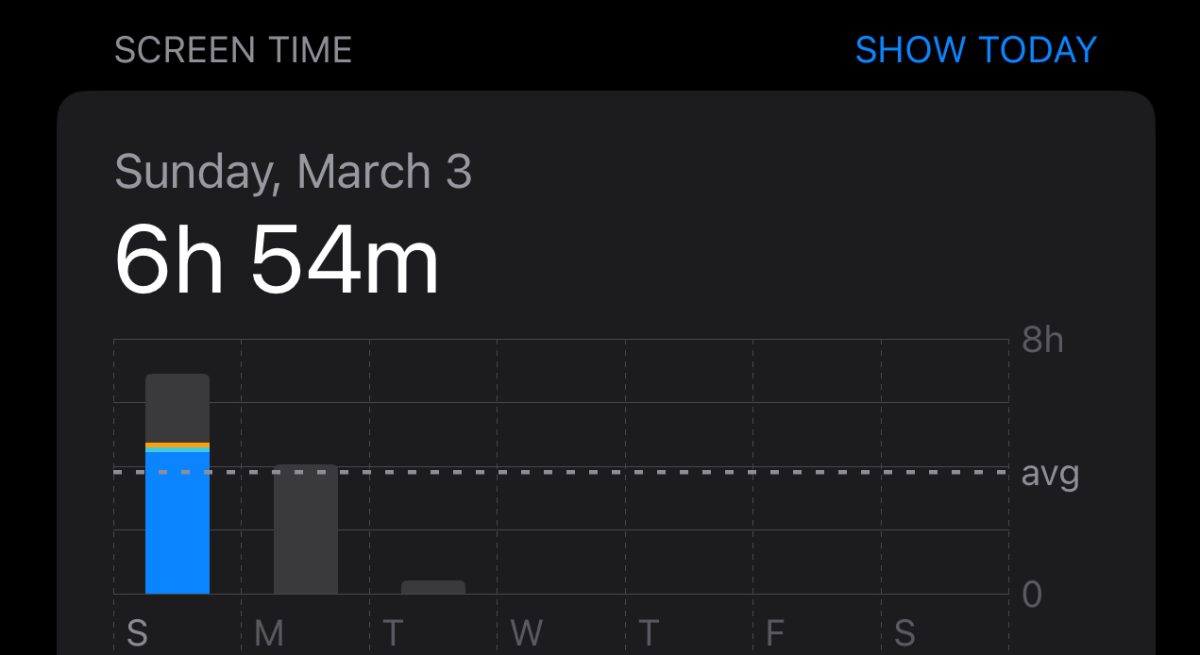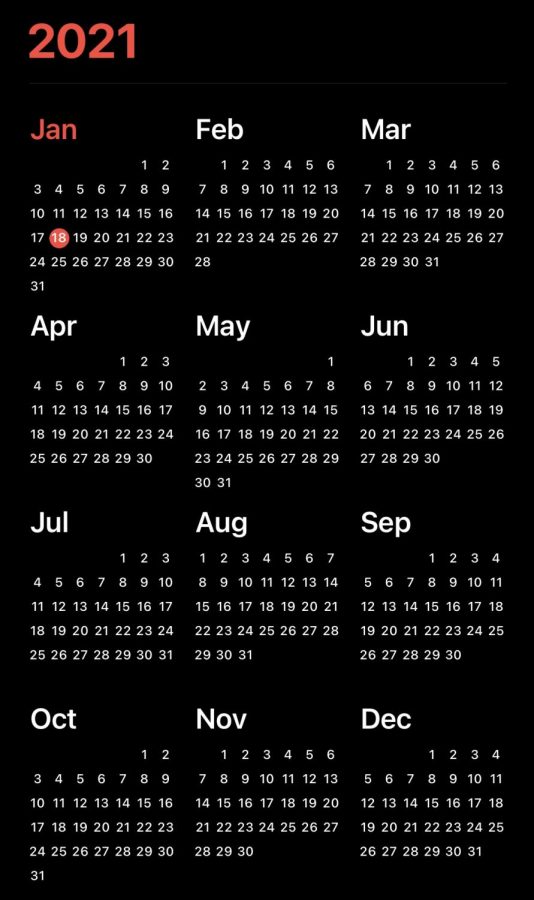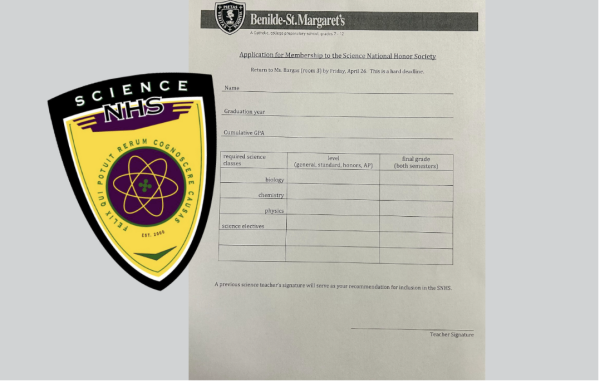New Year’s resolution: set a goal instead
With all the time in a year, it’s unrealistic to hold yourself to the rigid standard of a resolution.
January 20, 2021
New Year’s resolutions are fun and exciting at the beginning of the year, but will they last? According to Forbes approximately 80% of New Year’s resolutions fail. Because of this, a good approach to this would be to set goals instead of New Year’s resolutions. For example, if your New Year’s resolution is to eat healthier that will not be too effective for long. However, if you set a specific goal to eat healthy by planning out your meals or a diet it will be much more effective.
While some resolutions will work (about 20%), one BSM student had a very unique idea to go about her year. “For my New Year’s resolution, I am going to write a highlight of each week on a small piece of paper and put it into a jar. By the end of the year, I will have 52 highlights to look back on,” senior Piper Ehlen said.
Positivity and hope are very important to have this year. “I think it is essential that we focus on positivity in the 2021 year. By consistently writing down the good parts of life, I will have a more optimistic outlook on life,” Ehlen said.
In 2020 too many people got caught up in social media and were focused less on the world around them. In 2021, people should set goals for themselves that keep them active and spend less time on their screens. “My goal for this year is to spend less time on my phone and more time reading. This will help me sleep better,” senior Abby Hancock said.
It is important to set a goal that motivates you. Oftentimes, there can be pressure from a parent, peer, or anybody about something you should do. If you have a goal that is important to you, and not encouraged by someone else, you are more likely to be motivated to achieve your goal.
Another important aspect to consider if you are really looking to achieve your goal is managing it. For example, many BSM students shared that they would like to work out more to stay in shape. A great idea for this, especially if you are not currently playing a sport is to develop a workout schedule. If you tell yourself that Monday, Wednesday, and Friday from 5-6pm is when you are going to work out, this will become the routine you will go about for the whole year. If you find yourself forgetting the times you set up for yourself, you can set reminders for yourself on your phone, put up a post-it note somewhere you will for sure see it, or even form a group of people with similar goals. For the working out goal, it can be much more motivating to workout with other people who will push you to work harder.
One helpful thing to try is sharing your goals with others. This can develop a support system, making it easier to attain your goals. Also, you might inspire others to do the same, and even join you, like the workout group.
A common type of goal setting is SMART goals. SMART is an acronym for Specific, Measurable, Achievable, Relevant, and Time bound. Your goals should be SMART to make sure they are clear and attainable. If you are interested in looking further into SMART goals, click on the link above.
It is key to review your goals regularly to make sure you stay on track. However, just remember that goals are hard. If you slip up a couple of times it does not mean you failed, just get back on track and do not give up.

